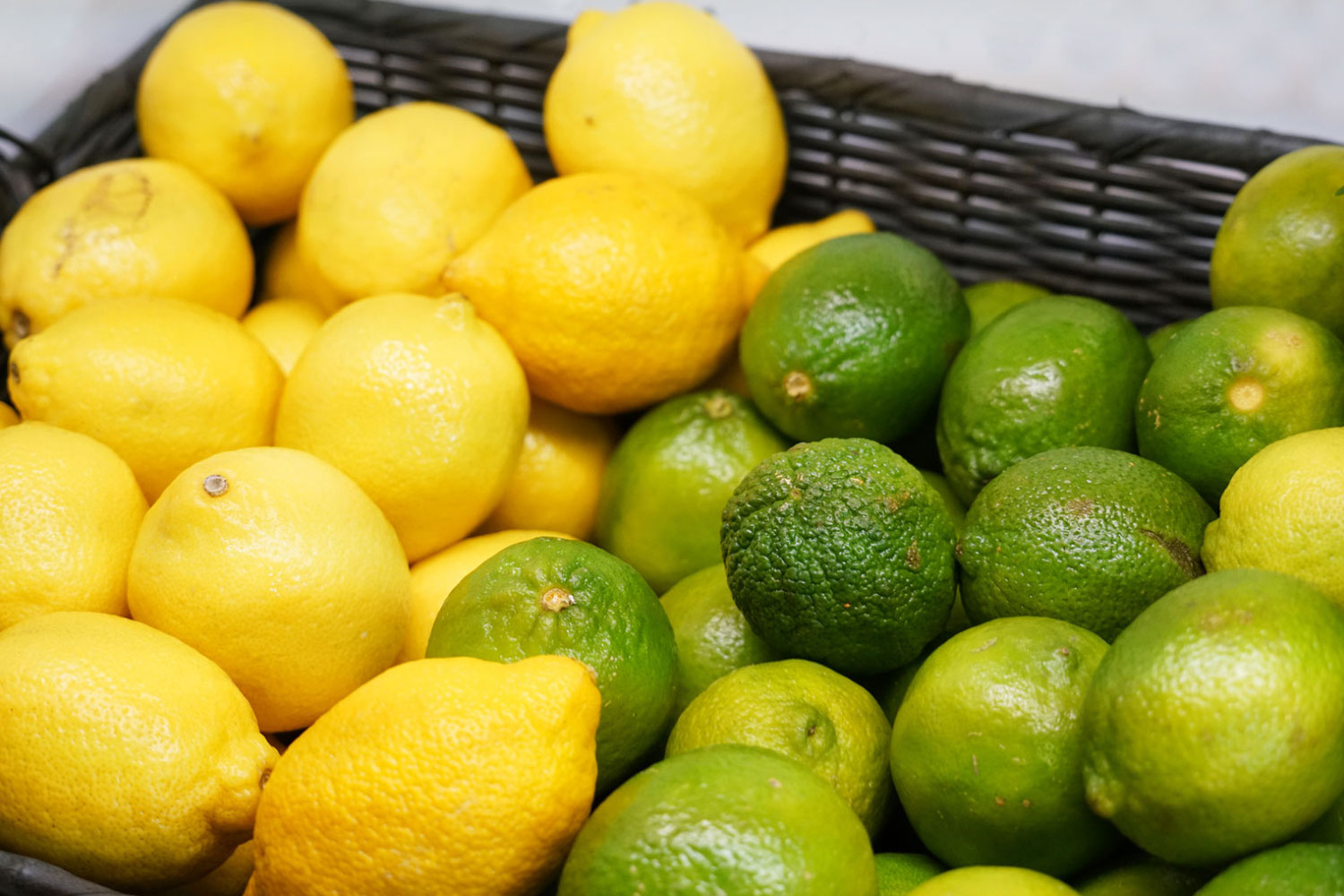

Articles
How To Store Citrus Fruit
Modified: January 6, 2024
Learn the best techniques for storing citrus fruit in our informative articles. Keep your fruit fresh and flavorful for longer with our expert tips.
(Many of the links in this article redirect to a specific reviewed product. Your purchase of these products through affiliate links helps to generate commission for Storables.com, at no extra cost. Learn more)
Introduction
Citrus fruits, such as oranges, lemons, and grapefruits, are not only delicious but also packed with vital nutrients and antioxidants. Whether you have a bountiful harvest from your own backyard or have just picked up a delicious batch from the grocery store, knowing how to properly store citrus fruit is essential to maintain its freshness and flavor for as long as possible.
In this article, we will discuss various methods to store citrus fruit, including whole fruits, freshly squeezed juice, zest, and leftover slices. By following these guidelines, you can preserve the quality of your citrus fruit and enjoy its vibrant taste and health benefits in your recipes or as a refreshing snack.
Let’s dive into the various techniques for storing citrus fruit to ensure maximum shelf life and flavor!
Key Takeaways:
- Properly storing citrus fruit is essential for maintaining its freshness and flavor. From refrigeration to freezing, there are various techniques to ensure you can enjoy the delightful taste and health benefits of citrus all year round.
- When it comes to citrus fruit, choosing high-quality produce and employing proper storage methods are key. Whether it’s whole fruit, juice, zest, or leftovers, these techniques will help you preserve the vibrant flavors and exceptional qualities of citrus.
Read more: How To Store Fruit To Avoid Fruit Flies
Choosing and Purchasing Citrus Fruit
Before we delve into the storage techniques, it’s important to buy high-quality citrus fruit. Here are some tips to help you choose the best citrus fruit:
- Look for firmness: When selecting citrus fruit, gently squeeze it. It should have a slight give but still feel firm to the touch. Avoid fruits that are overly soft, as they may be overripe or have a lower quality.
- Check for weight: Heavier citrus fruit tends to be juicier and fresher. A lightweight fruit may indicate dryness or dehydration.
- Inspect the skin: The skin of the citrus fruit should be smooth, vibrant, and free of blemishes or mold. Avoid fruits with wrinkled or discolored skin, as they may be past their prime.
- Consider the fragrance: Citrus fruits have a distinct aroma. Lightly press the skin and inhale the fragrance. A strong and refreshing scent indicates that the fruit is ripe and flavorful.
- Seasonality: Different varieties of citrus fruits have specific peak seasons. Take note of the seasonal availability to ensure the freshest and most flavorful options.
Once you have chosen the perfect citrus fruit, it’s time to store it properly to maintain its freshness and taste. Let’s explore the different methods to store citrus fruit, from whole fruits to freshly squeezed juice and zest.
Storing Whole Citrus Fruit
Properly storing whole citrus fruit can help extend its shelf life and preserve its juicy and flavorful nature. Here are some techniques you can employ:
- Counter Storage: Citrus fruits can be stored at room temperature for a few days, especially if you plan to consume them soon. Keep them in a cool and dry area away from direct sunlight. Remember to check them regularly for any signs of spoilage or mold.
- Refrigerator Storage: For longer storage, place the citrus fruit in the refrigerator. This will slow down the ripening process and help maintain its freshness. Before refrigeration, ensure that the fruit is completely dry and free from any moisture. Pack them in a loosely sealed plastic bag or wrap them individually in paper towels to prevent moisture buildup.
- Separation: If you have a variety of citrus fruits, it’s best to store them separately. Different types of citrus fruits emit ethylene gas at varying rates, which can speed up the ripening process and affect the quality of the fruit. By keeping them apart, you can maintain the freshness and flavor of each variety.
- Long-Term Storage: If you have a surplus of citrus fruit or want to store them for an extended period, consider freezing them. We will discuss the freezing process in detail later in the article.
Remember, while storing citrus fruit, it’s important to regularly inspect and remove any damaged or spoiled pieces to prevent the growth of mold or the spread of rot. By following these storage techniques, you can enjoy the delightful taste and nutritional benefits of fresh citrus fruit for an extended period.
Storing Freshly Squeezed Citrus Juice
There’s nothing quite like a glass of freshly squeezed citrus juice to kickstart your day or add a burst of flavor to your favorite recipes. If you have excess juice or want to store it for later use, here are some tips to keep it fresh:
- Container Selection: Choose airtight glass or BPA-free plastic containers to store the citrus juice. Avoid containers that allow light to penetrate, as it can degrade the juice’s quality and nutrient content.
- Refrigeration: Freshly squeezed citrus juice should always be refrigerated to prevent spoilage and maintain its freshness. Make sure the juice is strained to remove any pulp or seeds before storing it in the refrigerator.
- Proper Labeling: Clearly label the containers with the date of extraction to keep track of its freshness. Freshly squeezed citrus juice can be stored in the refrigerator for up to a week, depending on the type of citrus fruit.
- Freezing: If you want to store citrus juice for a longer period, consider freezing it. Pour the juice into ice cube trays or freezer-safe containers, leaving some space for expansion. Once frozen, transfer the juice cubes or containers to a freezer bag for easier organization. When needed, simply thaw the desired amount in the refrigerator overnight or defrost it in the microwave on low power.
Remember, freshly squeezed citrus juice is best enjoyed immediately after extraction to fully savor its vibrant taste and nutritional benefits. However, by employing these storage techniques, you can still enjoy the freshness of citrus juice when stored properly.
Storing Citrus Zest
Citrus zest, the colored portion of the fruit’s peel, is a flavorful ingredient that adds a wonderful citrusy aroma to your culinary creations. If you have leftover citrus zest or want to store it for future use, follow these guidelines:
- Drying Method: One popular method for storing citrus zest is to dry it. Spread the zest evenly on a parchment-lined baking sheet and let it air dry for a few days. You can also use a dehydrator or a low-temperature oven (around 200°F or 93°C) to speed up the drying process. Once the zest is dried and brittle, store it in an airtight container in a cool, dark place, such as a pantry or kitchen cabinet.
- Freezing Method: Another way to store citrus zest is by freezing it. Grate or peel the zest from the fruit and place it in a freezer bag or airtight container. Make sure to remove as much air as possible from the bag or container to prevent freezer burn. When needed, simply thaw the desired amount and use it in your recipes.
Both drying and freezing methods allow you to preserve the vibrant flavor and aromatic qualities of citrus zest. Experiment with different citrus varieties to enhance the taste of your dishes, desserts, and beverages.
Store citrus fruit at room temperature for up to a week, or in the refrigerator for up to two weeks. Keep them in a cool, dry place away from direct sunlight to maintain freshness.
Read more: How To Store Fruit In Fridge
Freezing Citrus Fruit
Freezing citrus fruit is an excellent way to preserve its freshness and enjoy it long after its peak season. Here’s how you can freeze citrus fruit:
- Preparing the Fruit: Start by washing the citrus fruit under cool running water to remove any dirt or residue. Pat it dry with a clean towel. If desired, you can also slice or segment the fruit at this stage.
- Packaging for Freezing: For whole citrus fruit, place them in a freezer-safe bag or wrap them tightly in plastic wrap. For sliced or segmented fruit, arrange them in a single layer on a parchment-lined baking sheet and place them in the freezer until firm. Once firm, transfer them to a freezer-safe bag or container.
- Removing Air: When packaging the citrus fruit for freezing, make sure to remove as much air as possible from the bag or container. This helps prevent freezer burn and maintains the quality of the fruit.
- Labeling and Date: Don’t forget to label the bag or container with the type of citrus fruit and the date of freezing. This will help you keep track of its freshness and flavor over time.
- Storage Duration: Citrus fruit can be stored in the freezer for up to 3 to 4 months. However, for the best flavor and texture, it is recommended to consume them within the first few months.
- Thawing and Using: When you’re ready to use the frozen citrus fruit, thaw it in the refrigerator overnight or use it directly in recipes that require cooking or blending.
By freezing citrus fruit, you can extend its shelf life and have a readily available supply for smoothies, beverages, desserts, or even as a garnish for your dishes. Enjoy the taste of citrus all year round!
Preserving Citrus Fruit
In addition to freezing and refrigeration, there are other methods to preserve citrus fruit for long-term use. Here are a couple of preservation techniques:
- Canning: Canning citrus fruits is a popular method to preserve their flavor and texture. You can can citrus fruits in the form of marmalades, jams, or even preserved citrus segments. Follow proper canning procedures to ensure safety and shelf stability. This method allows you to enjoy the taste of citrus throughout the year.
- Pickling: Pickling citrus fruits is another unique way to preserve them. The tangy and slightly salty flavors from the pickling process add a delightful twist to the citrus fruit. Peel the citrus fruits, remove the pith, and soak them in a brine solution of vinegar, water, sugar, and spices. Once pickled, store them in sterilized jars and refrigerate for long-term preservation.
These preservation methods not only allow you to extend the shelf life of citrus fruit but also provide you with new taste experiences and culinary possibilities. Experiment with different flavors and techniques to create your own delicious preserved citrus fruit.
Storing Leftover Citrus Slices or Quarters
There are times when we only need a portion of a citrus fruit, leaving us with leftover slices or quarters. To ensure that these citrus pieces stay fresh and flavorful, follow these storage tips:
- Refrigeration: If you have leftover citrus slices or quarters, refrigeration is the best way to keep them fresh. Place the slices or quarters in an airtight container or wrap them tightly in plastic wrap. This will help prevent them from drying out and maintain their juiciness.
- Juice Storage: Another option is to squeeze the juice from the leftover citrus slices or quarters and store it separately. Use a citrus juicer or simply squeeze the fruit by hand to extract the juice. Store the juice in an airtight container in the refrigerator for future use.
- Proper Labeling: Don’t forget to label the container or bag with the date and type of citrus fruit. This will help you keep track of their freshness and avoid confusion when using them later.
- Quick Freezing: If you know you won’t be able to use the leftover citrus slices or quarters within a few days, consider freezing them. Place the slices or quarters on a parchment-lined baking sheet and flash freeze them until firm. Then transfer them to a freezer-safe bag or container. These frozen citrus pieces can be used directly in smoothies or recipes that call for blended fruit.
By refrigerating or freezing the leftover citrus slices or quarters, you can reduce waste and have them readily available for future use. Enjoy the convenience of having citrus fruit on hand whenever you need a burst of tangy flavor in your dishes or drinks.
Conclusion
Properly storing citrus fruit is crucial to maintain its freshness, flavor, and nutritional value. Whether you have whole citrus fruit, freshly squeezed juice, zest, or leftover slices, there are various techniques you can employ to ensure its longevity.
When purchasing citrus fruit, choose ones that are firm, heavy, and have smooth skin. Properly storing whole citrus fruit involves counter storage or refrigeration, with separate storage for different varieties to avoid cross-contamination. Freezing is a great option for long-term storage, while canning and pickling allow for unique taste experiences.
For freshly squeezed citrus juice, refrigerate it in airtight containers and label them for easy identification. Freezing citrus zest or drying it are effective methods to preserve its flavor and aroma. When it comes to leftover citrus slices or quarters, refrigeration or freezing is key to maintaining their freshness.
By following these storage techniques, you can ensure that your citrus fruit stays in excellent condition for longer periods. This ensures that you can enjoy the delightful taste and health benefits of citrus fruit in your meals, snacks, and beverages all year round.
So, the next time you have citrus fruit on hand, use these tips to store them properly and savor their vibrant flavors and exceptional qualities.
Frequently Asked Questions about How To Store Citrus Fruit
Was this page helpful?
At Storables.com, we guarantee accurate and reliable information. Our content, validated by Expert Board Contributors, is crafted following stringent Editorial Policies. We're committed to providing you with well-researched, expert-backed insights for all your informational needs.
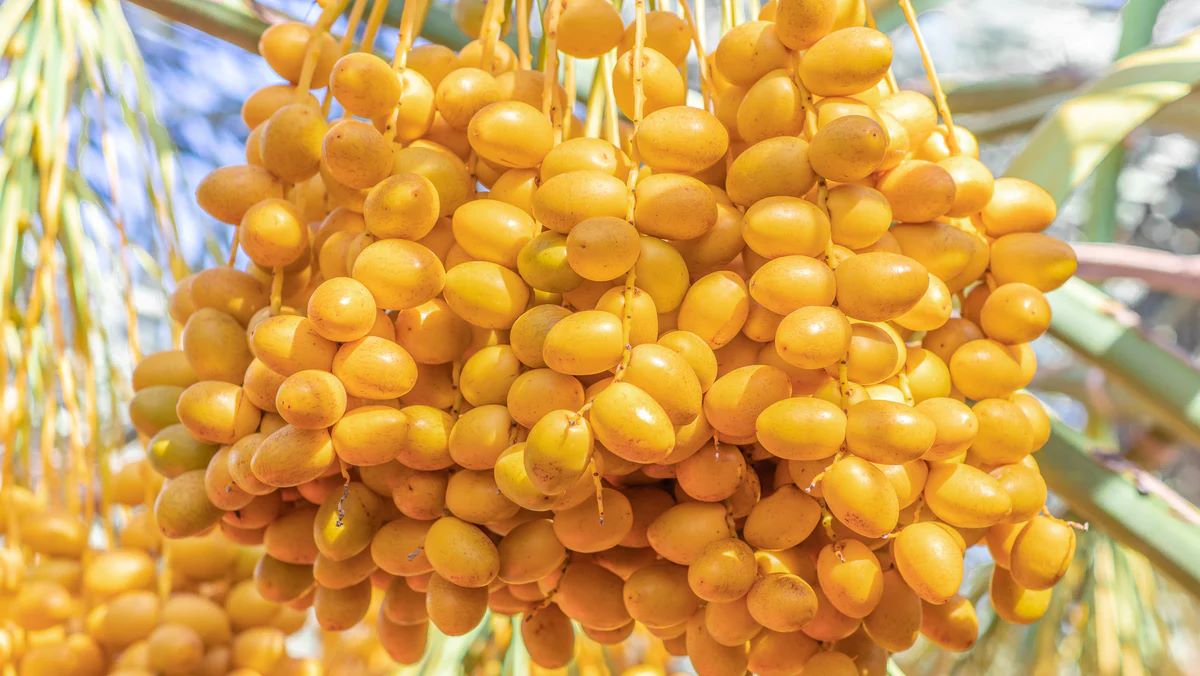

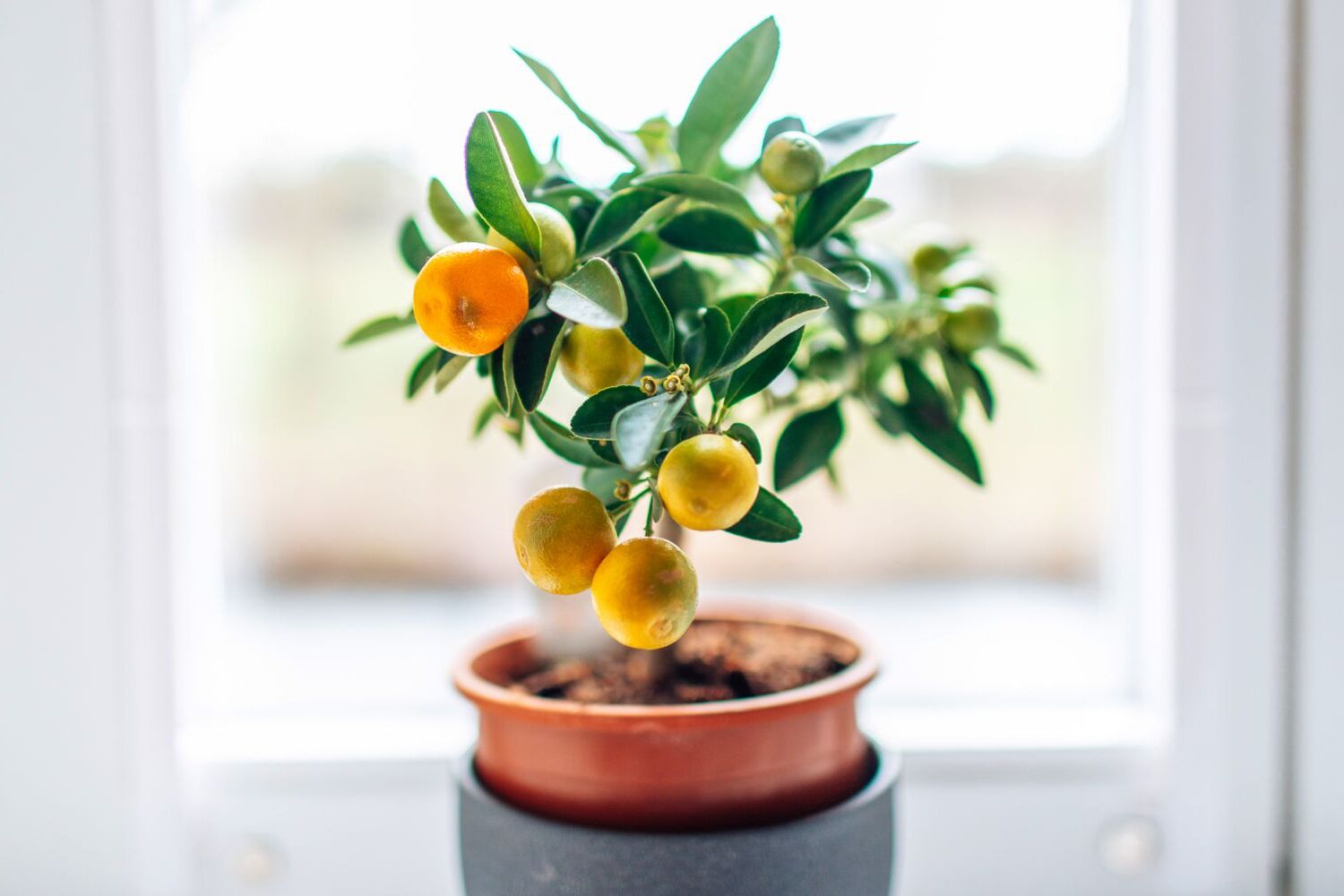
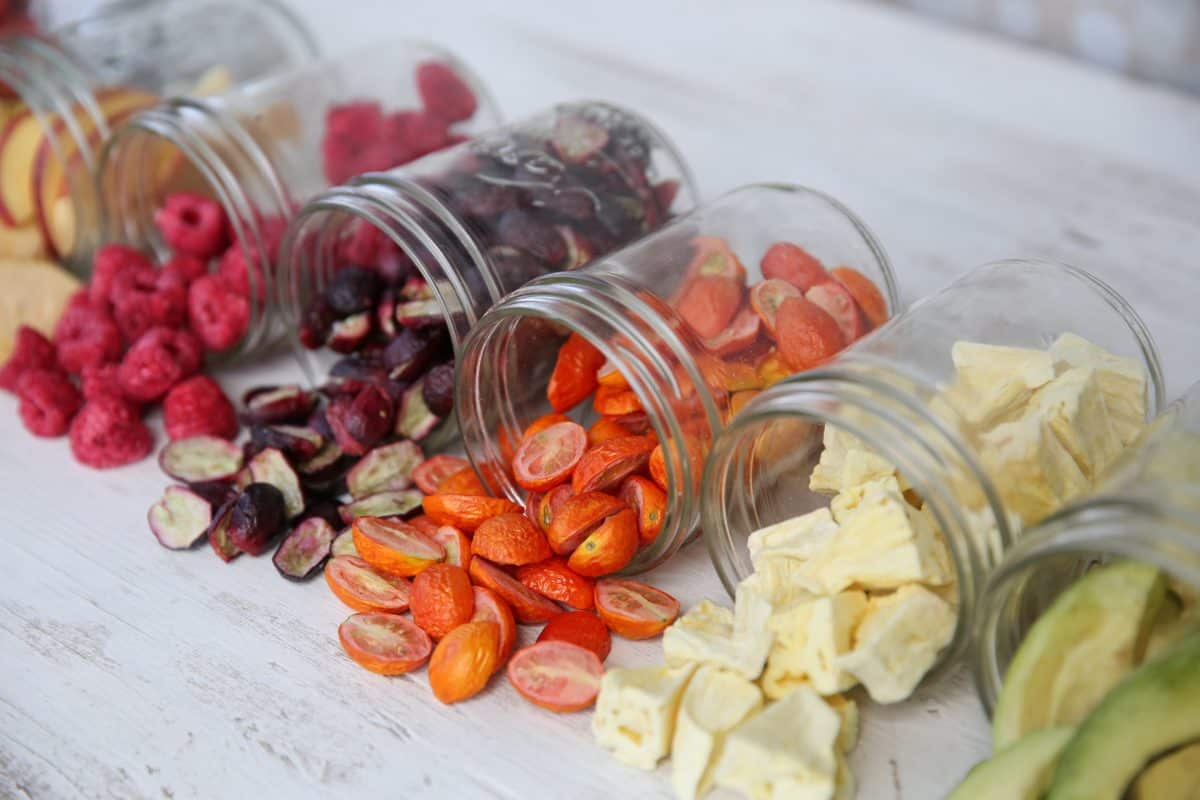
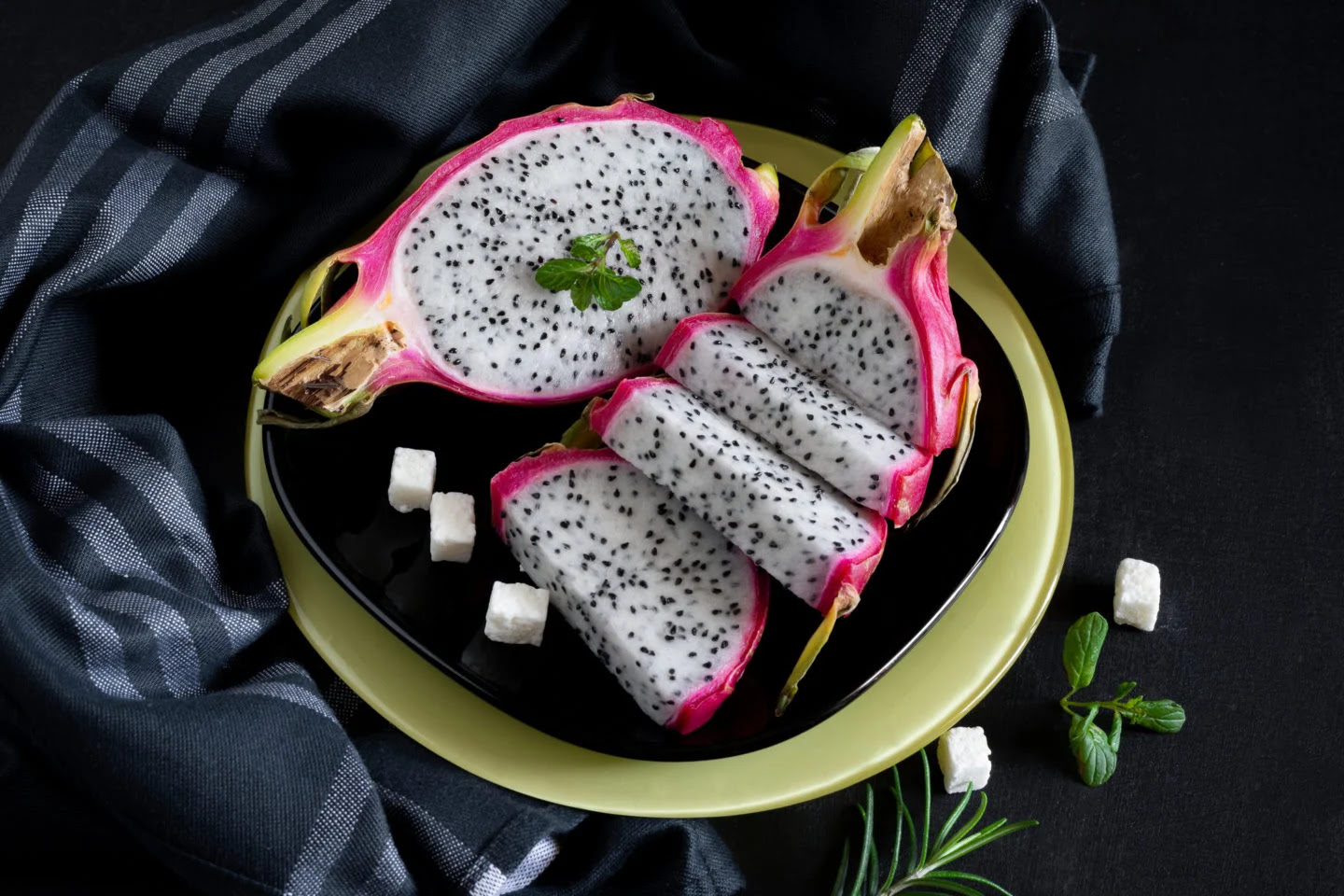
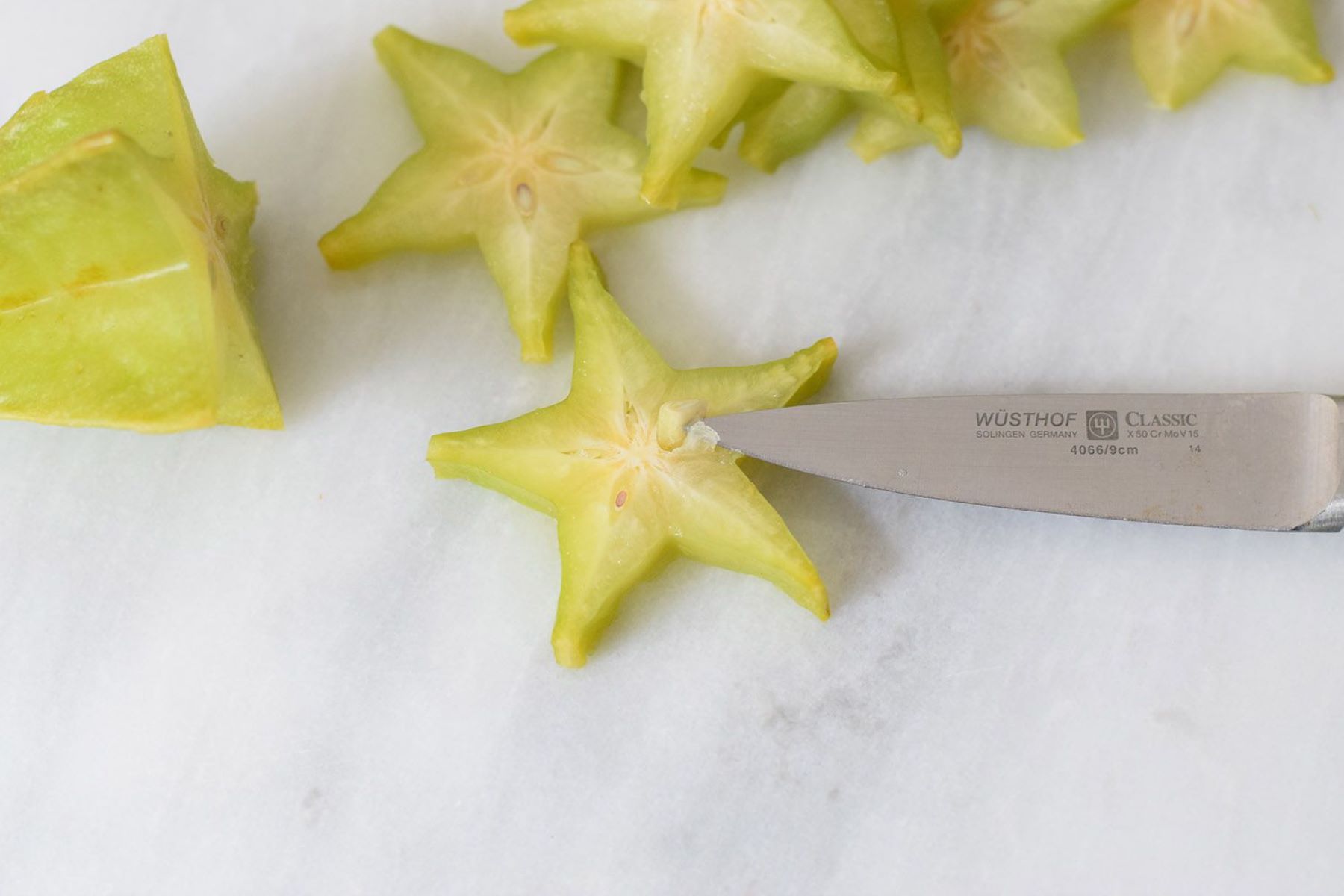

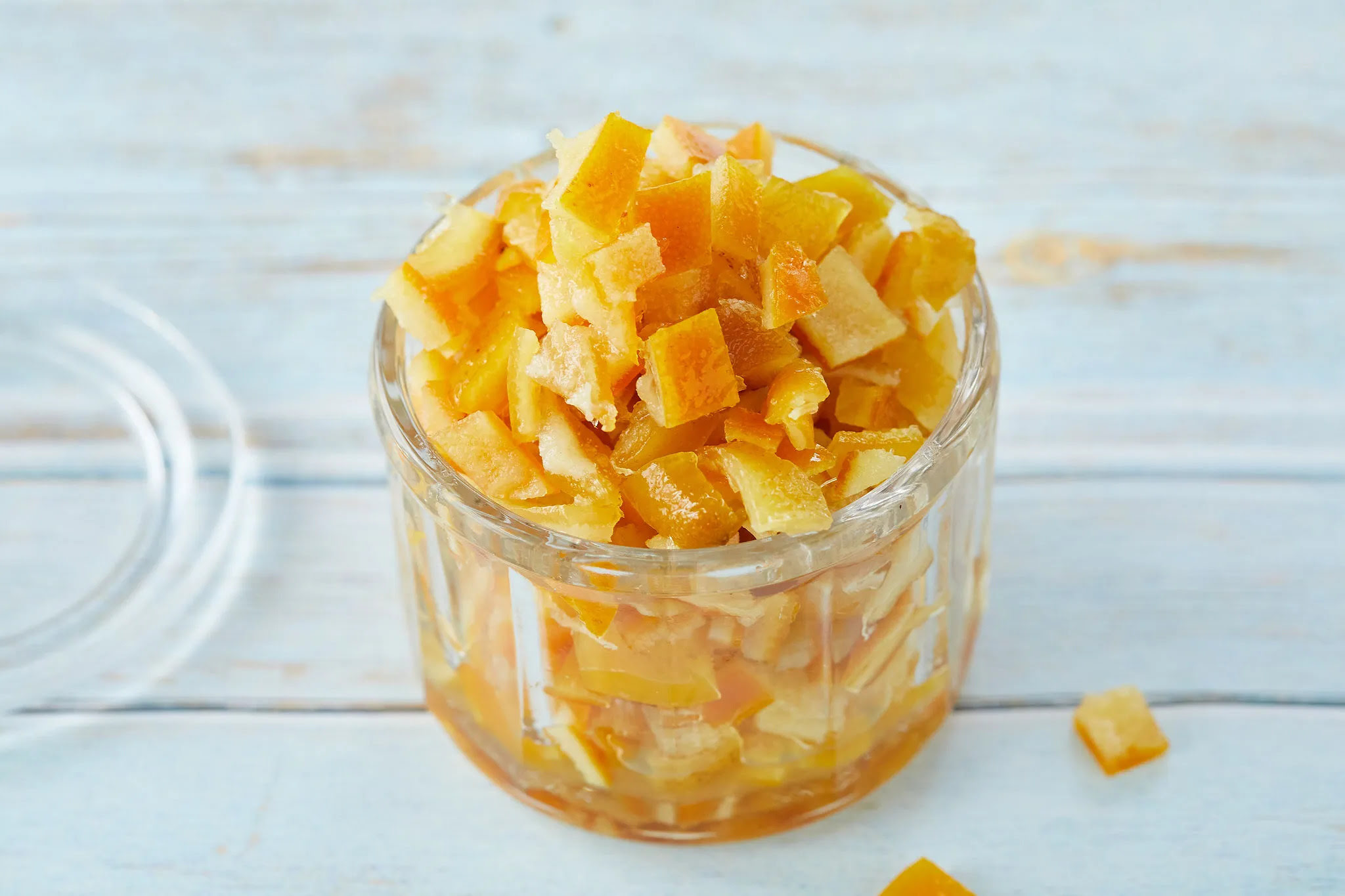
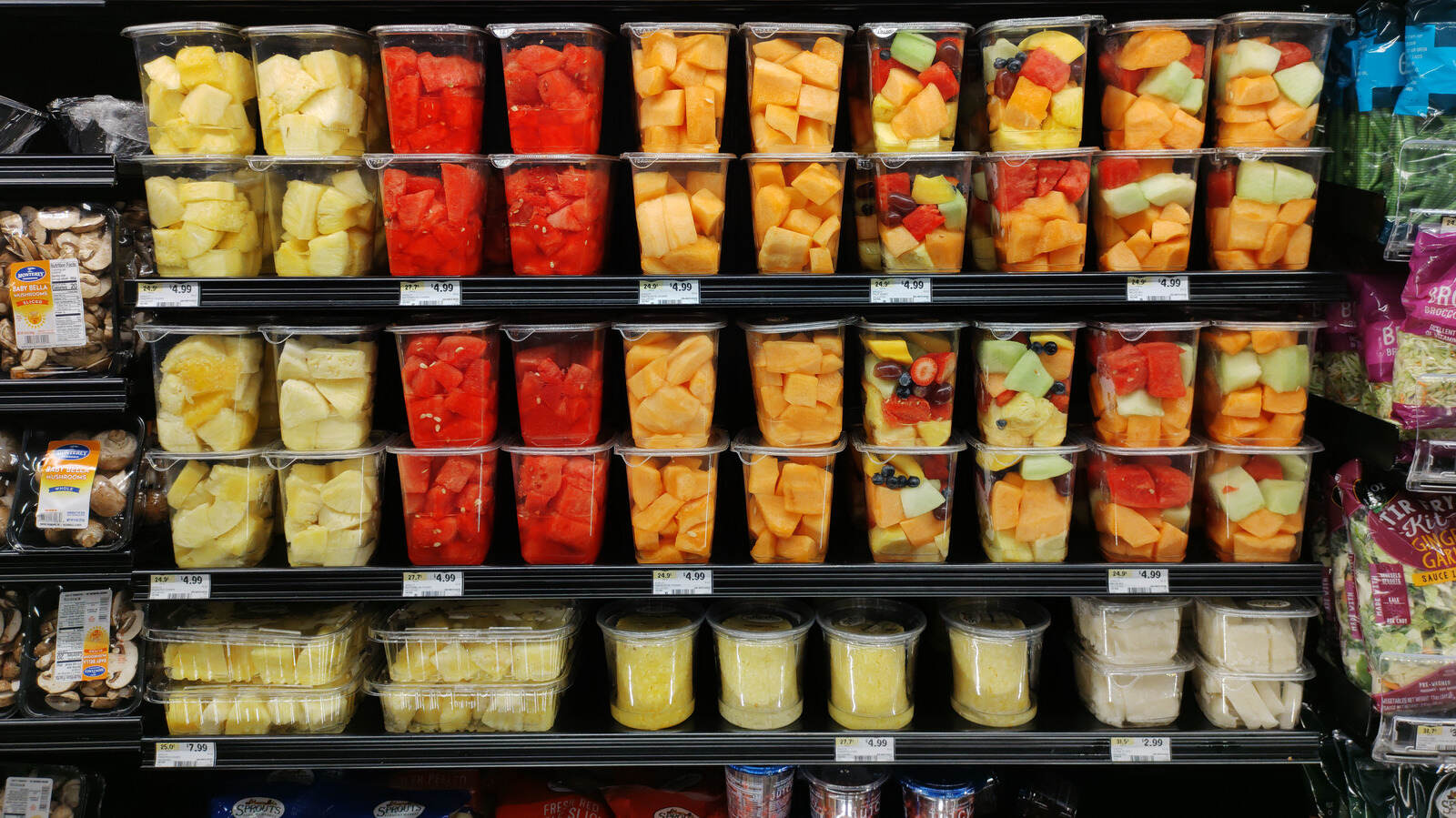
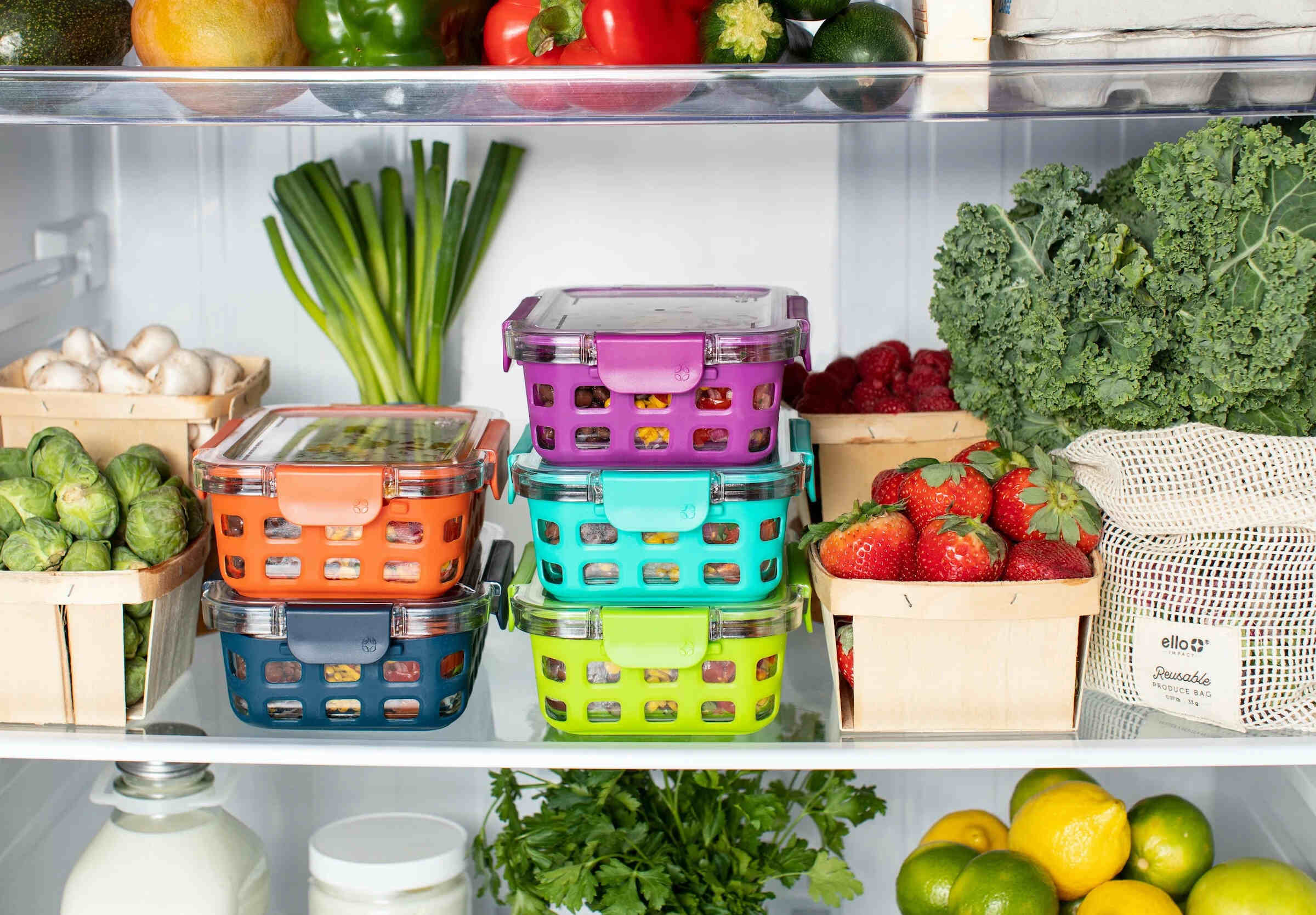
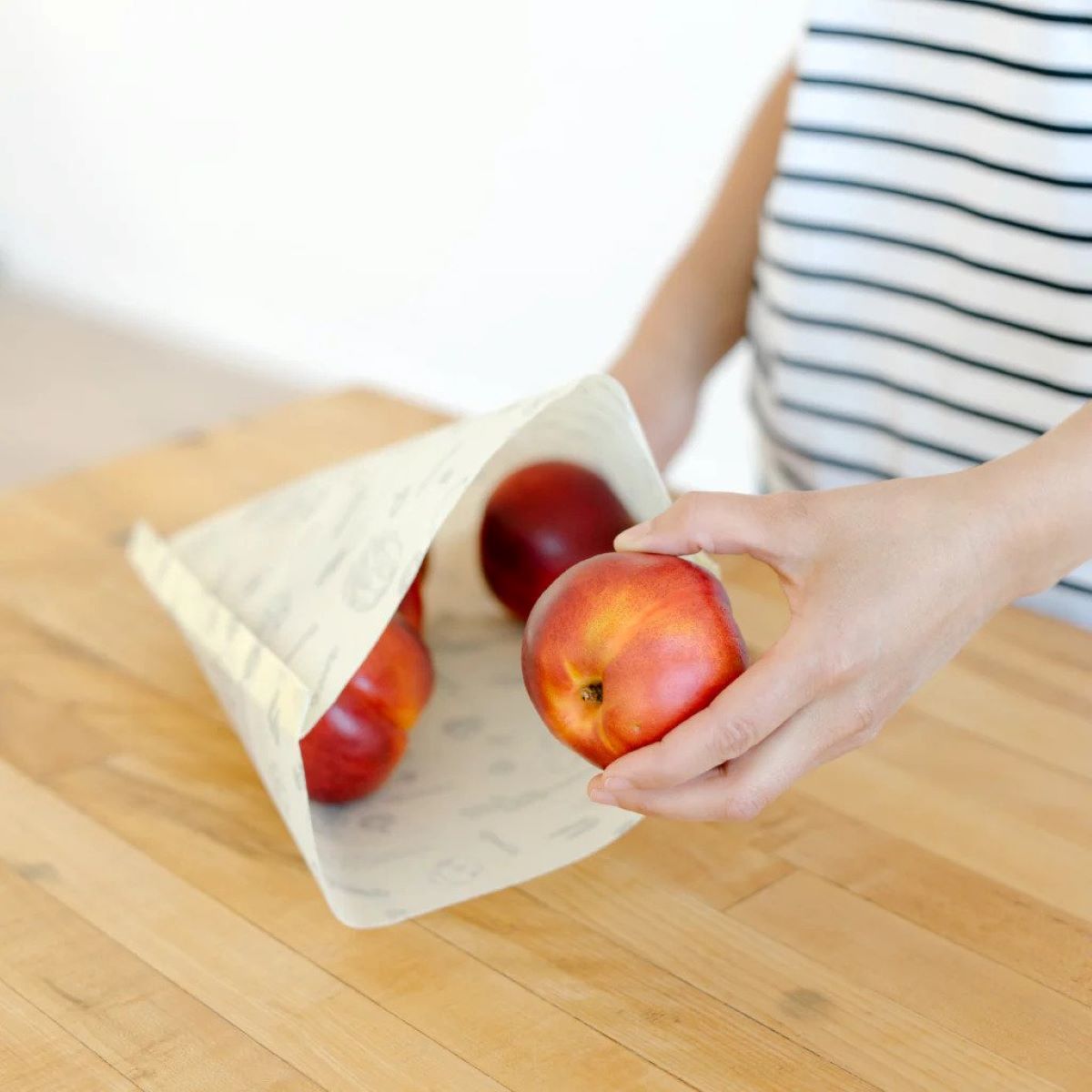
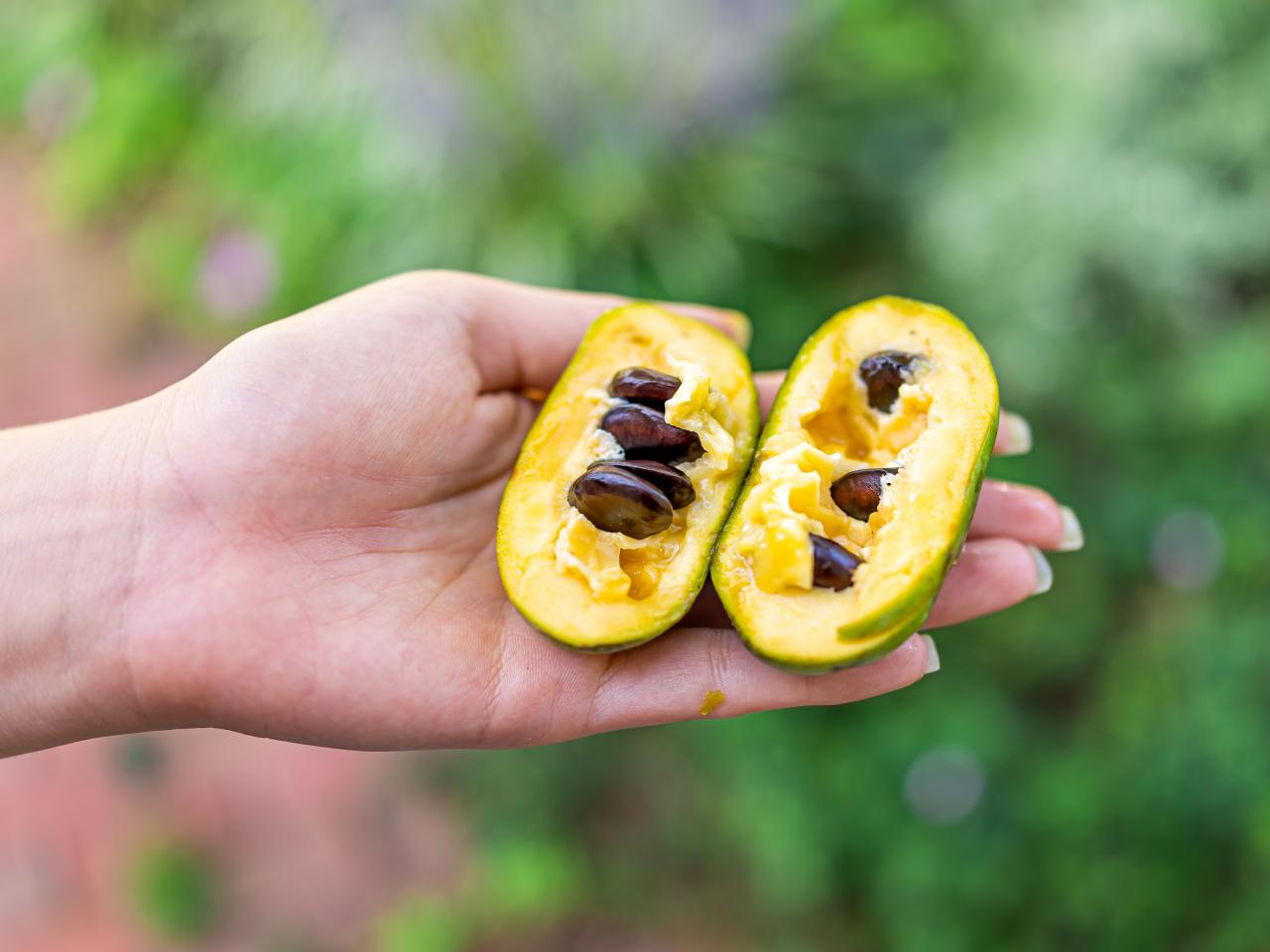



0 thoughts on “How To Store Citrus Fruit”